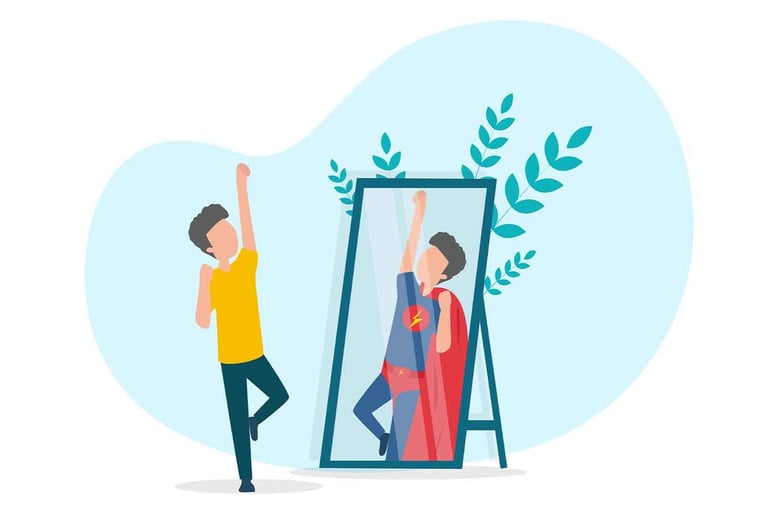Soft skills training means
Investing in the development of soft skills can pay off in many ways.
SOFT SKILLS
By Rasika Dixit Hatolkar
12/19/20242 min read


Soft skills refer to a set of personal attributes and interpersonal qualities that enable individuals to effectively interact and communicate with others. They are often referred to as "people skills" or "emotional intelligence." These skills are essential for success in both personal and professional life.
Examples of soft skills include:
* Communication: Active listening, clear and concise speaking, and effective writing.
* Teamwork: Collaboration, cooperation, and conflict resolution.
* Leadership: Motivation, delegation, and decision-making.
* Problem-solving: Critical thinking, creativity, and analytical skills.
* Work ethic: Punctuality, reliability, and dedication.
* Adaptability: Flexibility, open-mindedness, and the ability to learn new things.
* Time management: Prioritization, organization, and the ability to meet deadlines.
Soft skills are valuable in a variety of settings, including the workplace, education, and personal relationships. They can help individuals to build strong relationships, resolve conflicts, and achieve their goals.
In the workplace, soft skills are often more important than hard skills, which are specific technical skills related to a particular job. Employers are increasingly looking for candidates who have strong soft skills, as these skills can help employees to be more successful in their roles and contribute to a positive work environment.
Developing soft skills can be done through a variety of methods, including:
* Education: Taking courses or attending workshops on topics such as communication, teamwork, and leadership.
* Experience: Participating in extracurricular activities, volunteering, or working in a part-time job.
* Self-reflection: Identifying your strengths and weaknesses and setting goals for improvement.
* Practice: Applying soft skills in your daily life, such as by actively listening to others, communicating effectively, and resolving conflicts constructively.
Investing in the development of soft skills can pay off in many ways. Soft skills can help individuals to be more successful in their careers, build stronger relationships, and lead more fulfilling lives.




